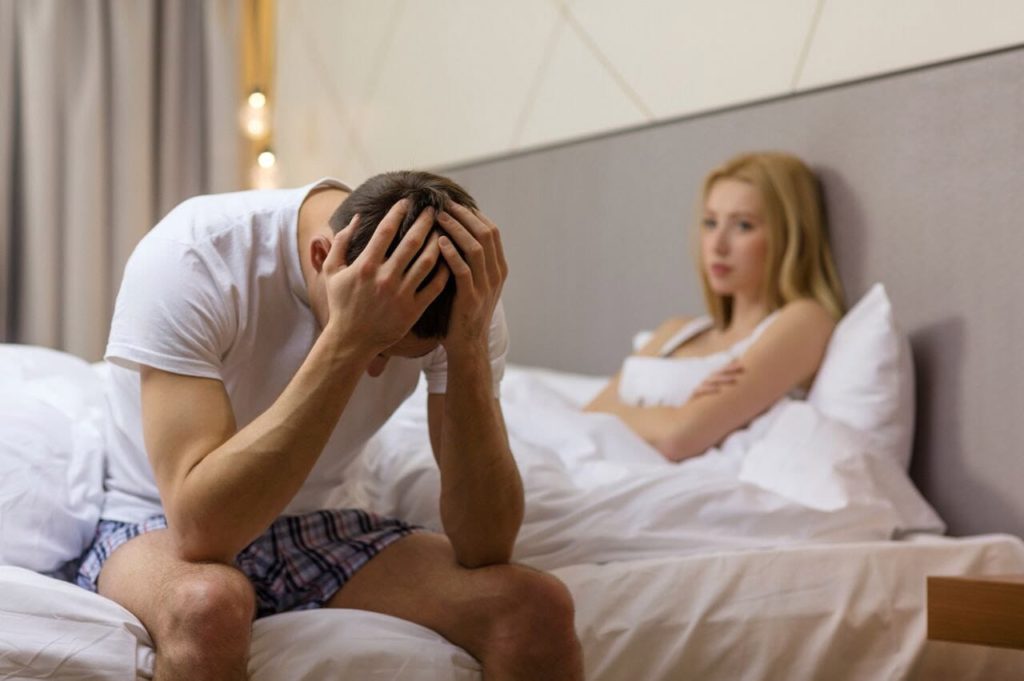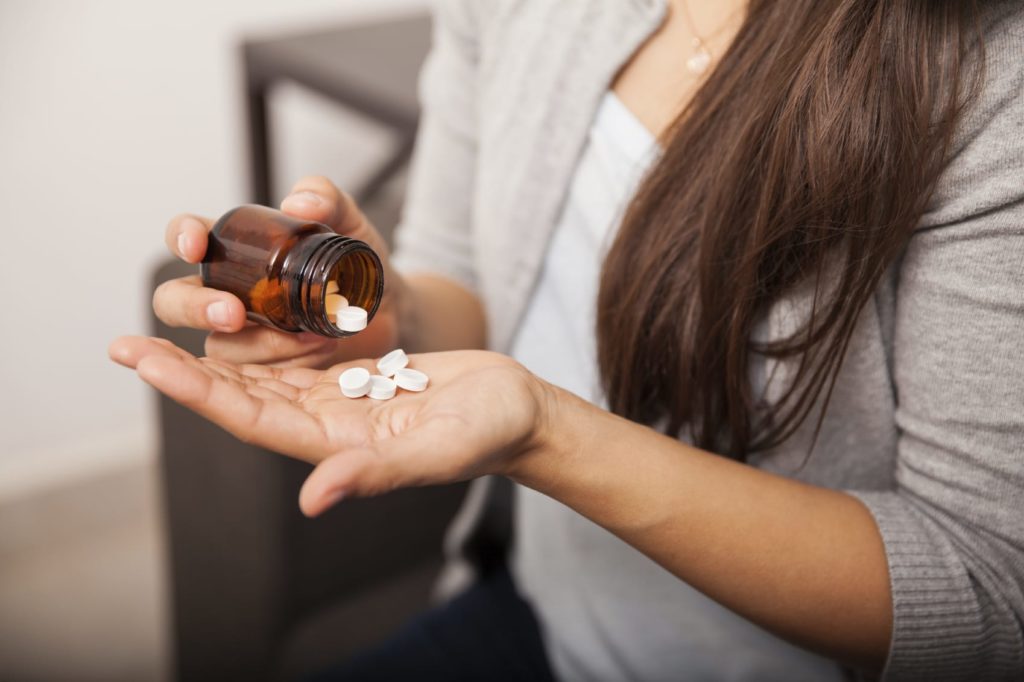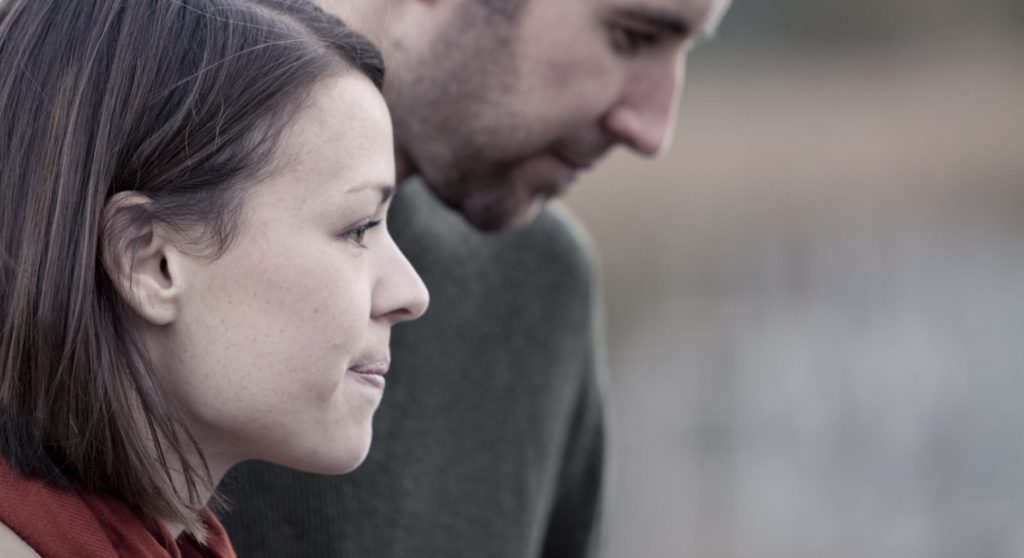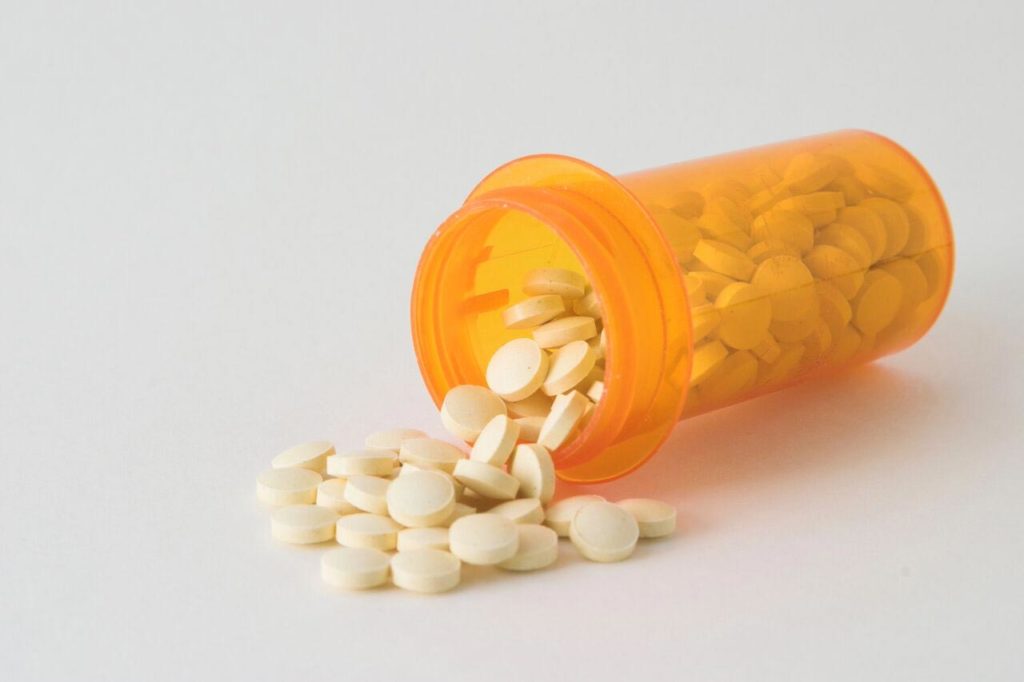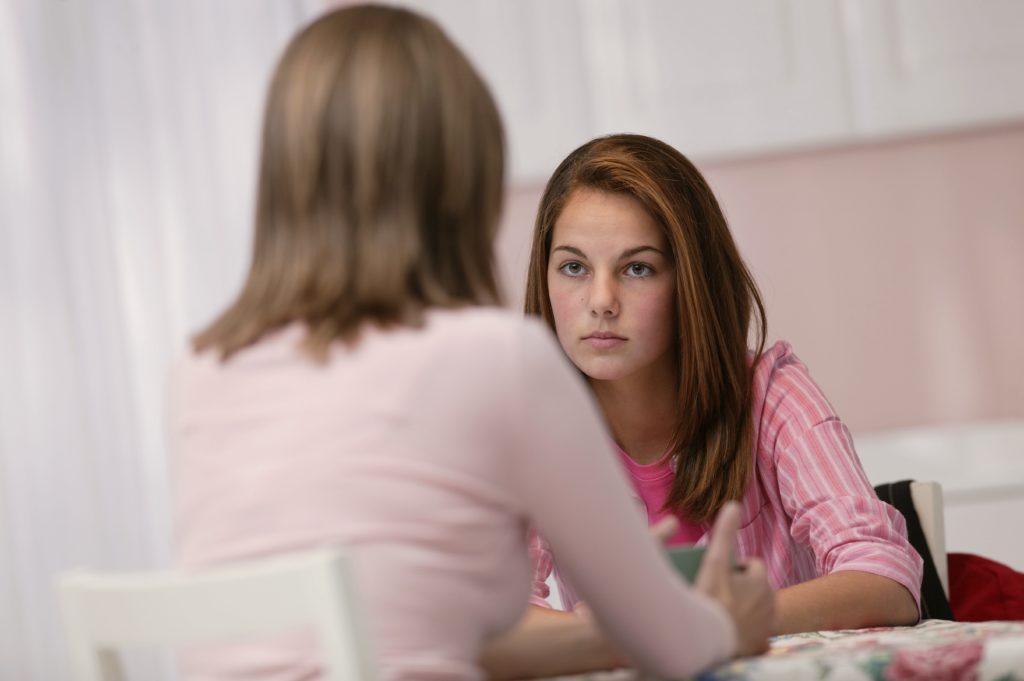Americans Becoming More Opposed to Adultery
Over recent years, polls have shown that Americans are gaining more tolerance for certain controversial moral issues. However, while more and more Americans may be increasing their approval of issues such as stem cell research from human embryos, they are […]
Americans Becoming More Opposed to Adultery Read More »

